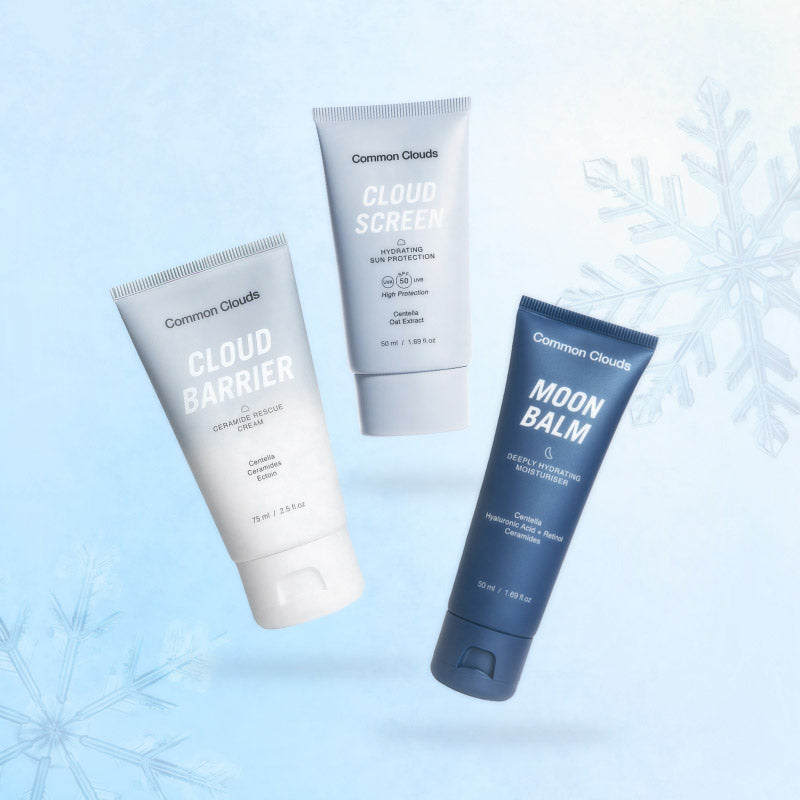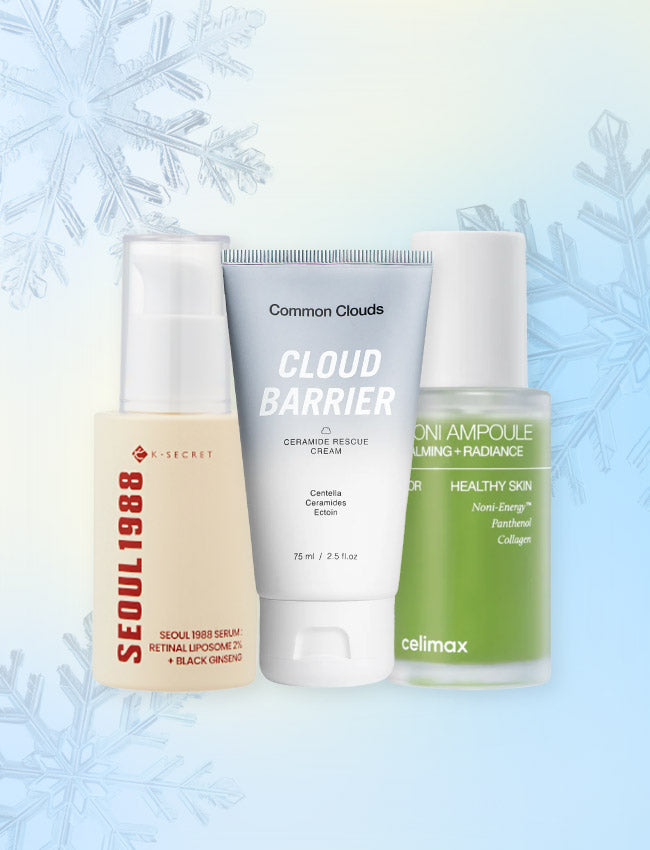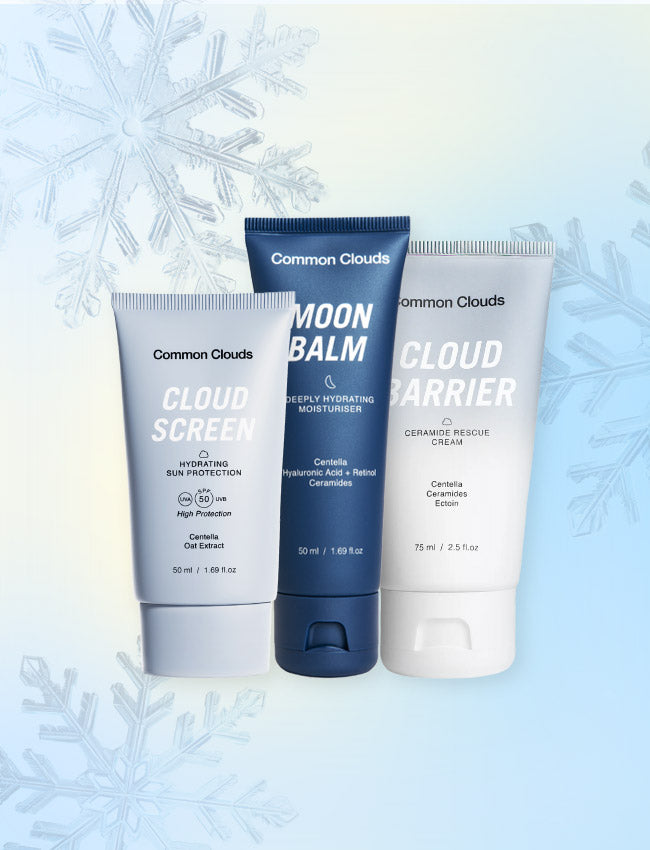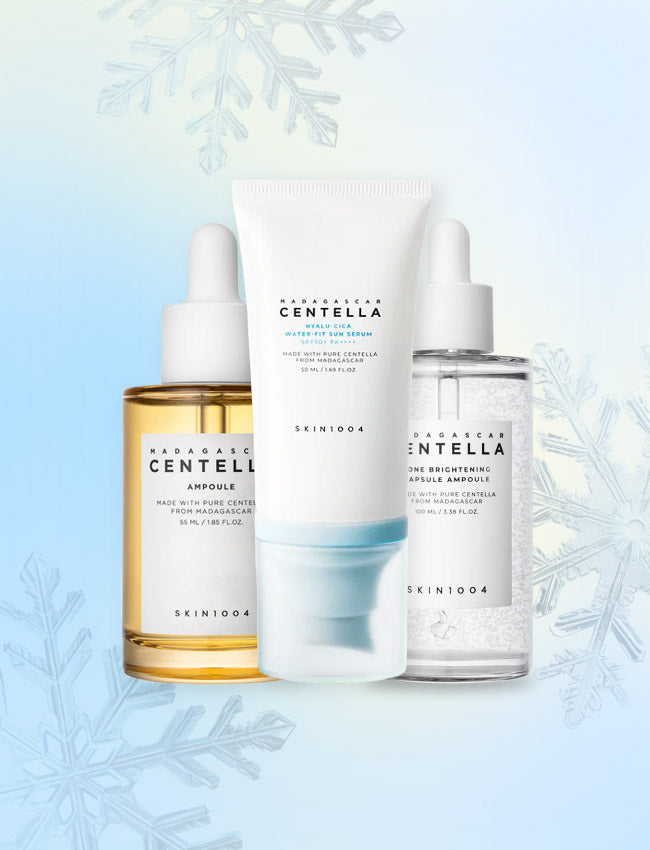Just like probiotic supplements, probiotic skincare promises to optimize your skin's natural microbiome. The two most common claims are that it strengthens the skin barrier and improves acne.
It is now known that the intestinal microbiome has a major influence on dermatological skin diseases such as acne . Therefore, we want to pursue the question of what the potential of probiotic skin care is and what challenges probiotics in skin care entail. We explain the importance of the skin microbiome for healthy skin and what tips you can use to strengthen it.

What exactly is a microbiome?
The microbiome is the entirety of all microorganisms that colonize a person. With an estimated 100 trillion organisms, most of which are bacteria, the microbiota comprises about 10 times the total cells of the human body. The majority of microbes reside in the gastrointestinal tract and have a profound impact on our health. The fact that the bacteria in the human gut make up such a small proportion of all the bacteria found on earth suggests that these bacteria are highly evolved and specialized for life in the gut.
The skin is the primary interface with the external environment and as such is colonized by a diverse group of microorganisms including bacteria and fungi.
The microbes on your skin are also very specific and adapted to the respective skin area. The microbiome under your armpits is very different from your microbiome on your face. The skin is an ecosystem whose primary role is that of a physical barrier that resists the entry of microorganisms and potential toxins while retaining moisture and nutrients in the body.
The composition of the skin microbiome can be influenced by various factors such as genetics, diet and personal hygiene. Alterations in these factors can lead to a disruption in the microbiome, known as dysbiosis, which leads to the proliferation of potentially harmful bacteria or a decrease in the number of beneficial bacteria. Dysbiosis, in turn, has been associated with some dermatological diseases.
What exactly is probiotic skin care?
Probiotic skin care products contain live cultures of bacteria, which is the key difference to pre- and post-biotic skin care. Probiotic skin care therefore also brings with it various challenges.
Thus, preservatives are important to prevent the growth of unwanted fungi or bacterial species. So how can the growth of unwanted bacteria be prevented without decimating the probiotic bacteria? In addition, bacteria multiply strongly and quickly. How to control the amount of wanted bacteria?
Also, the microbiome of each person is as unique as their fingerprint, so probiotic skin care should be individually tailored to each person. Your microbiome is a delicate balance of microorganisms, so it is not possible to recommend the same probiotic composition for everyone.
Probiotic skin care for acne
Acne is one of the most common skin diseases and is caused by a complex combination of causes such as excessive production of sebum in the skin or colonization by the bacterium Propionibacterium acnes. One thing is certain: the skin microbiota of people with acne differs from people without acne.
Many topical treatments for acne are severely irritating to the skin and can compromise the skin barrier and cause dryness or irritation. Probiotic skincare could be an effective solution to treating acne, working with the microbiome rather than against it.
Research is optimistic because it is known that topical application of, for example, lactic acid bacteria can increase the production of ceramides. Some ceramides are antimicrobial against P. acnes and are anti-inflammatory.
Other possible benefits of probiotics in skin care
There is a great need for research into our skin microbiome and how probiotic skin care can influence skin diseases. However, the area is showing more and more promise. Studies have already shown that probiotic skin care can act as a protective shield, protecting the skin from environmental influences and strengthening the skin barrier. It can relieve oxidative stress on the skin and thus slow down the skin aging process.
Prebiotic and postbiotic skin care
Prebiotic ingredients strengthen and feed the bacteria already present on your skin. In your skin care you will find prebiotics in the form of ingredients like xylitol, rhamnose and fructo-oligosaccharides. Glucomannan is a particularly interesting prebiotic because of the way it works with a wide range of probiotics to help control acne.
Postbiotics are the metabolic by-products that are excreted by living bacteria through fermentation, among other things. The fermentation process boosts the metabolism of the bacteria. These can be, for example, enzymes, peptides or organic acids such as lactic acid. Additionally, some of these by-products are natural antibiotics that are able to kill germs that contribute to acne and infections; others may stimulate healing. In the list of ingredients you can find them under Galactomyces Ferment Filtrate, Bifida Ferment Lysate or Lactobacillus Ferment, for example.

This is how you protect and strengthen your skin microbiome
Similar to our intestinal flora, the well-being of our microorganisms on our skin is strongly dependent on our lifestyle. But your skin care routine also has a major impact on your skin microbiome and therefore your skin health.
Cleaning can do the most damage if done wrong. Therefore avoid cleaners with hard surfactants and avoid hot water. Cleansing brushes or aggressive, physical peelings can also weaken the skin's microbiome. Since the skin's microorganisms prefer a certain pH level, use a pH-balanced toner immediately after cleansing your face. And be careful with benzoyl peroxide, although the ingredient can work wonders for acne due to its antibacterial properties, it also depletes the good bacteria in your microbiome.
Everyone can also benefit from prebiotics in skin care, especially those with a compromised skin barrier, sensitivity or acne. A combination of prebiotics and postbiotics gives the best results and ensures the skin is getting what it needs to keep its barrier intact and healthy.
A study with 30 subjects also showed that the daily use of moisturizing skin care products leads to a significant increase in bacterial diversity, regardless of the level of hydration of the facial skin. In addition, the microbiome of people with higher skin moisture levels contains a lower abundance of Propionibacterium, which includes P. acnes. P. acnes is associated with acne. So another tip would be to keep your skin hydrated at all times with skin care products.

Our conclusion
Probiotics is a promising area, but the actual formulation of probiotic skin care products is proving to be a distinct challenge at this point and more research is needed to ensure the effectiveness of probiotic cosmetics.
What you should take away, however, is that not enough is said about the importance of a healthy skin microbiome and that healthy, glowing skin also requires an intact microbiome.
Cover photo by Khaled Ghareeb
Illustrations by Ekaterina Bolovtsova
Sources:
https://www.ncbi.nlm.nih.gov/pmc/articles/PMC7859136/ https://phmd.pl/resources/html/article/details?id=141863&language=en http://europepmc.org/article /MED/32664353#B54-microorganisms-08-01023










